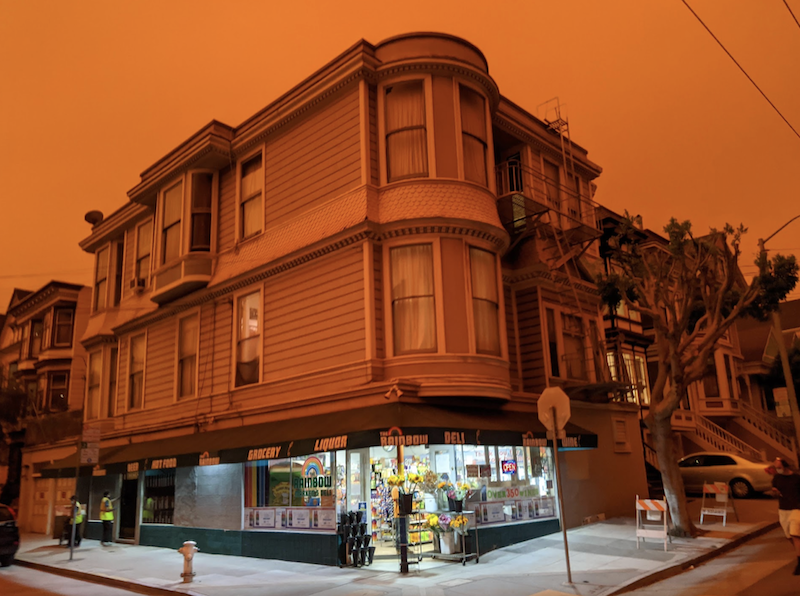For the second time, a group of Minneapolis residents—enabled by existing law—have halted implementation of the city’s Minneapolis 2040 plan over its supposed environmental impact. Here’s why they’re doing more harm than good.
Read MoreAs America’s cities continue their halting climb up and out of the last few years, data analytics firm Urban3 foresees a few crises—as well as opportunities—waiting for them in 2023.
Read MoreFrequent power outages in California give pause to reflect on the overall fragility of our built environment.
Read MoreProgress on climate change can and will come if we use a bottom-up approach to changing our development pattern.
Read MoreNo matter how many solar panels it has, your parking garage isn’t green, and especially if you don’t charge parking.
Read MoreThe environmental groups suing Minneapolis to block implementation of its groundbreaking 2040 Plan have a limited understanding of environmentalism, but a keen grasp of how to slow down policy reform.
Read MoreA recent article states that “real progress on climate change will require innovations that some on the left won’t like.” What’s the Strong Towns response?
Read MoreWhat can we do at the most immediate, local level when water reservoirs run low?
Read MoreCDOT drafts a rule that intends to address both greenhouse gas emissions and Colorado’s spreading development pattern. But can this kind of top-down solution work?
Read MoreIf we continue toward a suburban development pattern, then should we move climate change efforts away from cities and to the suburbs, as well?
Read MoreWhy do some cities make it so hard to find shade…or create your own?
Read MoreThe poorest neighborhoods also tend to be the warmest. That’s according to a fascinating study of the 97 largest American cities. Here’s why extreme heat is more likely to affect the poor and what communities can start to do about it.
Read More











